Wellness workshops have gained significant traction in recent years, promising holistic approaches to health and well-being. However, the question of whether these workshops are suitable for everyone remains pertinent. While wellness initiatives aim to cater to diverse needs, the extent of their inclusivity is subject to scrutiny. The wellness workshop aims to foster healthier lifestyles through interactive sessions and expert guidance.
The Appeal of Wellness Workshops Wellness workshops offer a variety of activities, from yoga and meditation to nutrition and stress management. They present an opportunity for individuals to prioritize self-care and explore alternative healing modalities. The appeal lies in their promise of fostering physical, mental, and emotional well-being in a supportive environment.
Accessibility Challenges Despite the inclusive intentions of wellness workshops, accessibility barriers persist. Physical limitations may hinder participation for some individuals, while financial constraints can pose significant obstacles. Moreover, cultural and linguistic differences may not always be adequately addressed, limiting the reach of these workshops to diverse populations.
Tailoring to Individual NeedsThe effectiveness of wellness workshops hinges on their ability to adapt to individual needs. Customization allows for personalized experiences that accommodate varying levels of fitness, health conditions, and preferences. By offering a range of activities and modifying approaches as needed, workshops can better cater to a broader audience.
Promoting Diversity and Inclusion To truly be suitable for everyone, wellness workshops must prioritize diversity and inclusion. This entails creating welcoming spaces where people of all backgrounds feel valued and respected. Embracing cultural diversity, incorporating diverse perspectives, and actively addressing inequalities are essential steps toward fostering inclusivity.
Empowering Through Education Education plays a pivotal role in making wellness workshops accessible to all. By providing information on health disparities, social determinants of health, and inclusive practices, participants can develop a deeper understanding of wellness within a broader societal context. Empowering individuals with knowledge enables them to make informed decisions about their well-being.

Collaborative Partnerships Collaboration with community organizations and healthcare providers can enhance the reach and impact of wellness workshops. By forging partnerships with entities that serve marginalized populations, workshops can extend their reach to those who may otherwise be underserved. This collaborative approach facilitates the exchange of resources, expertise, and cultural insights, enriching the workshop experience for all involved.
Overcoming Stigma and Stereotypes Wellness workshops must confront and challenge stigmas and stereotypes that may deter certain individuals from participating. By promoting a positive and inclusive narrative around well-being, workshops can counteract harmful misconceptions and foster a sense of belonging for all participants. Emphasizing that wellness is a journey open to everyone helps dispel notions of exclusivity.
In conclusion, the suitability of wellness workshops for everyone hinges on their commitment to inclusivity, customization, education, collaboration, and empowerment. While challenges remain in ensuring accessibility and addressing diverse needs, proactive efforts can bridge gaps and create more equitable opportunities for holistic well-being. By embracing diversity and promoting inclusivity, wellness workshops can truly become spaces where everyone feels welcome and supported on their journey toward wellness. Participants in the wellness workshop will explore holistic approaches to enhance their physical and mental well-being.


